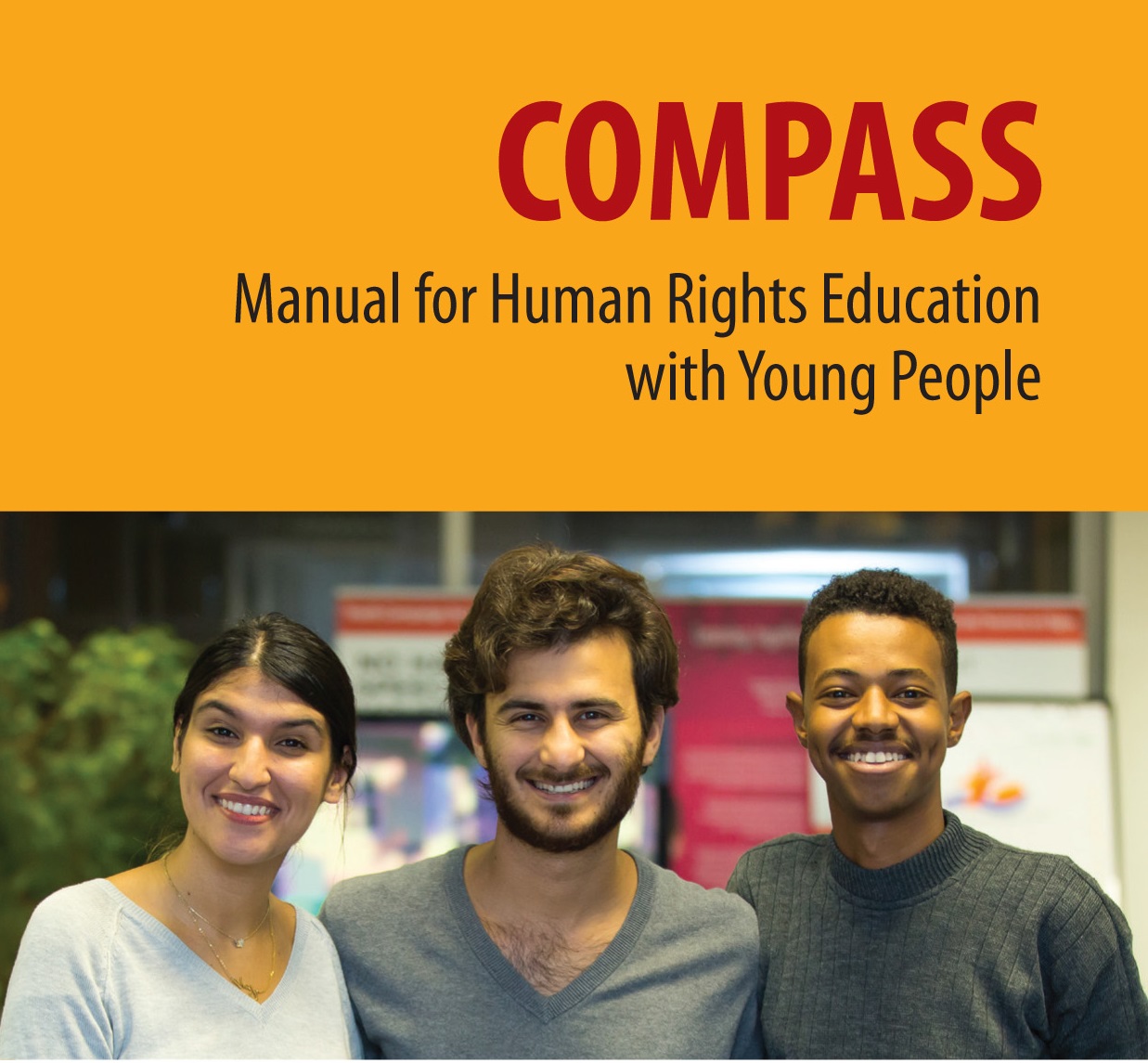European Social Charter
(Summary)
The European Social Charter (revised) of 1996, which entered into force on 1 July 1999, embodies in one instrument all rights guaranteed by the European Social Charter of 1961, its additional Protocol of 1988 and adds new rights and amendments adopted by the Parties. It is gradually replacing the initial 1961 treaty. The Charter guarantees rights and freedoms which concern all individuals in their daily existence.
The basic rights set out in the Charter are as follows:
Housing:
- access to adequate and affordable housing;
- reduction of homelessness ; housing policy targeted at all disadvantaged categories;
- procedures to limit forced eviction;
- equal access for non-nationals to social housing and housing benefits;
- housing construction and housing benefits related to family needs.
Health
- accessible, effective health care facilities for the entire population;
- policy for preventing illness, including the guarantee of a healthy environment;
- elimination of occupational hazards so as to ensure that health and safety at work are provided for by law and guaranteed in practice;
- protection of maternity.
Education
- free primary and secondary education;
- free and effective vocational guidance services;
- access to initial training (general and vocational secondary education), university and non-university higher education, vocational training, including continuing training;
- special measures for foreign residents;
- school integration of children with disabilities;
- access to education and vocational training for persons with disabilities.
Employment
Freedom to work
- prohibition of forced labour;
- prohibition of the employment of children under the age of 15;
- Special working conditions between 15 and 18 years of age;
- the right to earn one’s living in an occupation freely entered upon.
Fair working conditions
- an economic and social policy designed to ensure full employment;
- access to work for persons with disabilities;
- fair working conditions as regards pay and working hours;
- protection in case of dismissal;
- protection from sexual and psychological harassment.
Collective rights
- freedom to form trade unions and employers’ organisations to defend economic and social interests; individual freedom to decide whether or not to join them;
- promotion of joint consultation, collective bargaining, conciliation and voluntary arbitration;
- the right to strike.
Legal and social protection
- legal status of the child;
- treatment of young offenders;
- protection from ill-treatment and abuse;
- prohibition of any form of exploitation (sexual or other);
- legal protection of the family (equality of spouses within the couple and towards children, protection of children in case the family breaks up);
- the right to social security, social welfare and social services;
- the right to be protected against poverty and social exclusion;
- childcare;
- special measures catering for the elderly.
Movement of persons
- the right to family reunion;
- the right of nationals to leave the country;
- procedural safeguards in the event of expulsion;
- simplification of immigration formalities.
Non-discrimination
- the right of women and men to equal treatment and equal opportunities in employment;
- guarantee to all nationals and foreigners legally resident and/or working, that all the rights set out in the Charter apply regardless of race, sex, age, colour, language, religion, opinions, national origin, social background, state of health or association with a national minority;
- prohibition of discrimination on the basis of family responsibilities;
- right of persons with disabilities to social integration and participation in the life of the community.
The Charter has a mechanism of control based on the presentation of national reports by state parties (1991 Protocol) as well as a system of collective complaint (1995 Protocol) which allows, “inter alia”, trade unions and non-governmental organisations to present collective claims.
The European Committee of Social Rights (ECSR) is the body responsible for monitoring compliance in the States party to the Charter.
The Committee is composed of 15 independent, impartial members who are elected by the Council of Europe’s Committee of Ministers for a period of six years, renewable once.
- Chapter 1 - Human Rights Education and Compass: an introduction
- Chapter 2 - Practical Activities and Methods for Human Rights Education
- Chapter 3 - Taking Action for Human Rights
- Chapter 4 - Understanding Human Rights
- Chapter 5 - Background Information on Global Human Rights Themes
- Appendices
- Glossary







